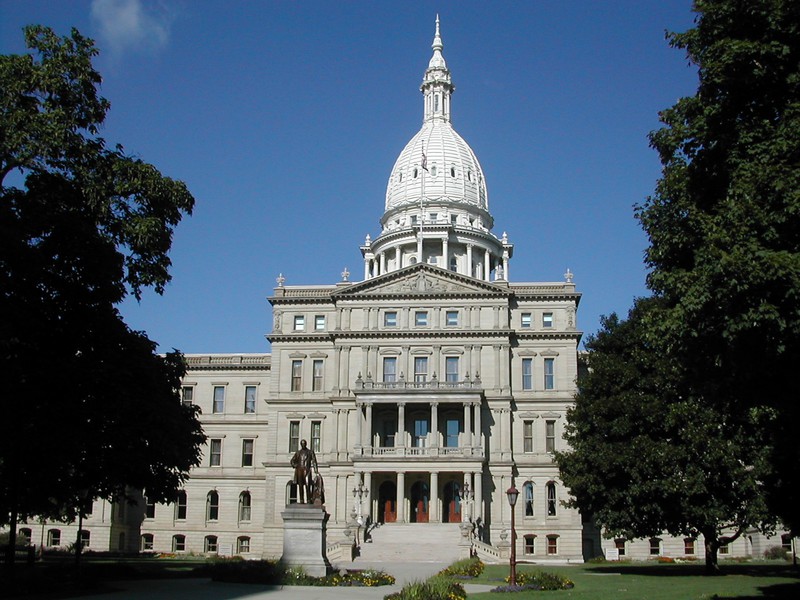






Online Poker Bill Introduced In MichiganMichigan Looking To Become 4th State In Nation With I-Poker |
|
|
 The state of Michigan has joined the likes of California, New York and Pennsylvania in considering regulating online poker sites operated by brick-and-mortar casino groups.
The state of Michigan has joined the likes of California, New York and Pennsylvania in considering regulating online poker sites operated by brick-and-mortar casino groups.
The legislation, Senate Bill No. 889, was introduced Friday by State Senator Mike Kowall, a Republican. Kowall has four co-sponsors for the legislation.
According to the bill, it would mandate the “licensing and certification of persons to engage in Internet gaming,” as well as establish taxes and fees on the business. It would also put consumer protections in place.
“Internet wagering on games of chance and games of skill is a core form of entertainment for millions of individuals worldwide,” the bill states. “In multiple jurisdictions across the world, Internet gaming is legal, regulated, and taxed, generating billions of dollars in revenue for governments.”
The legislation makes reference to the federal government’s 2011 re-interpretation of the 1961 Wire Act to allow stats to have online lotteries, as well as online casino games.
“In order to protect residents of this state who wager on games of chance and skill through the Internet and to capture revenues and create jobs generated from Internet gaming, it is in the best interest of this state and its citizens to regulate this activity by authorizing and establishing a secure, responsible, fair, and legal system of Internet gaming that complies with the United States Department of Justice’s September 2011 opinion concerning [the Wire Act].”
Though it would be for intra-state online poker and house-banked games, the bill does provide a way for the Michigan player pool to be combined with that of another jurisdiction.
“Notwithstanding anything else in this act, a wager may be accepted from an individual who is not physically present in this state if the division determines that the wager is not inconsistent with federal law or the law of the jurisdiction, including any foreign nation, in which the individual is located or that the wagering is conducted under a multijurisdictional agreement to which this state is a party that is not inconsistent with federal law.”
Michigan Internet poker licenses would be good for five years, with a $5 million licensing fee (in the form of an advance on the taxes) and a 10-percent tax on gross gaming revenue.
Only Michigan’s commercial casinos and tribal groups with casinos could operate the online casinos. The legislation would limit it to eight online casino licensees.
No state has debuted a regulated online online gaming industry since 2013. Just Nevada, New Jersey and Delaware have regulated online casino gaming. California has been trying for years, while Pennsylvania and New York are relatively new to the issue. Pennsylvania is considered the most likely candidate to legalize the games next.
